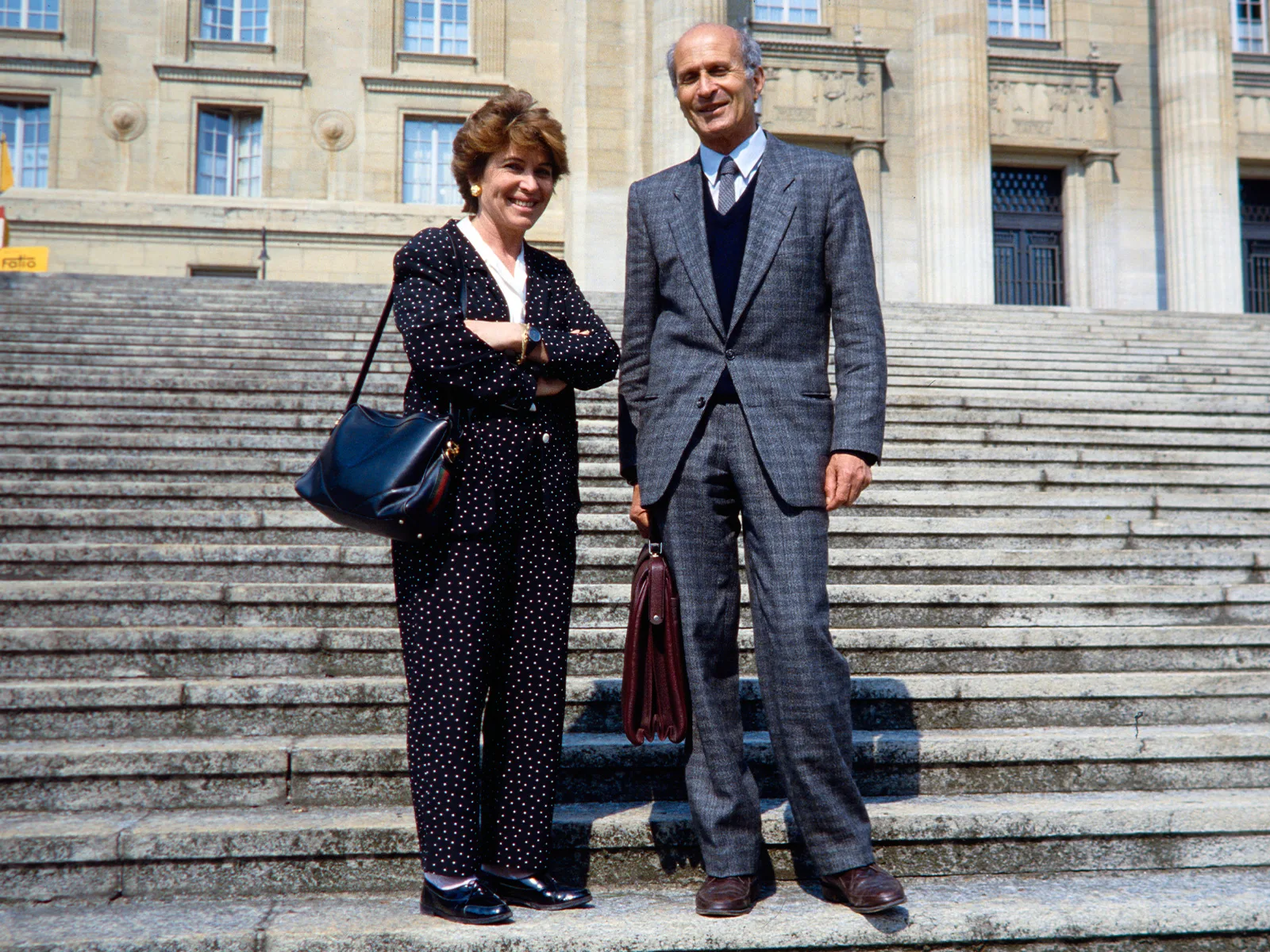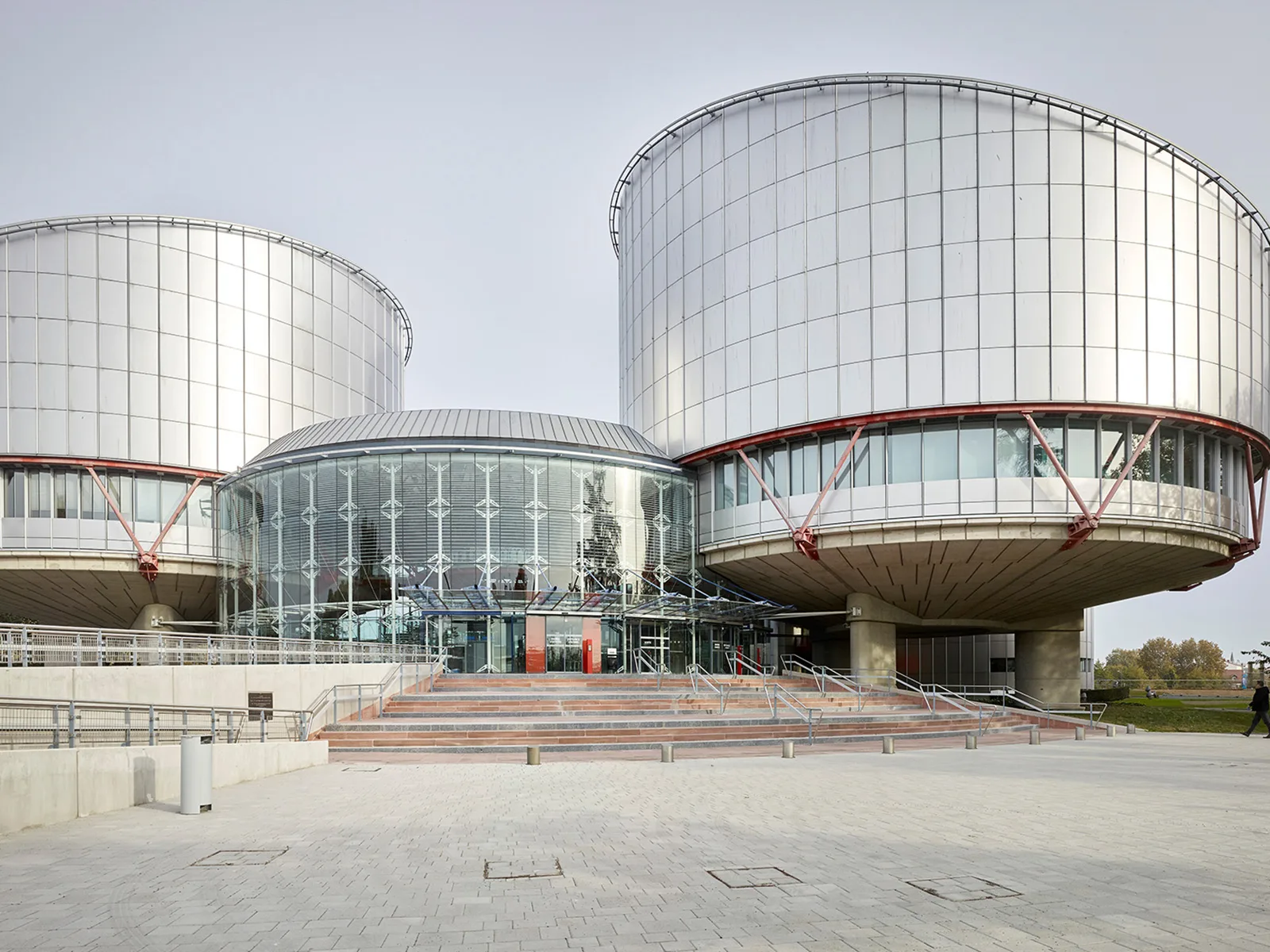
How Swiss law is adopting European fundamental rights
The Swiss Federal Constitution is caught in a push-and-pull between direct democracy, on the one hand, and European and international law, on the other. Certain European fundamental rights standards are being adopted nonetheless. The Council of Europe and the European Convention on Human Rights have had a marked effect on the current version of the Constitution. Decisions in Strasbourg continue to develop and enhance human rights standards that apply not just in the EU, but in Switzerland, too.
Constitutional balancing act
European fundamental rights standard
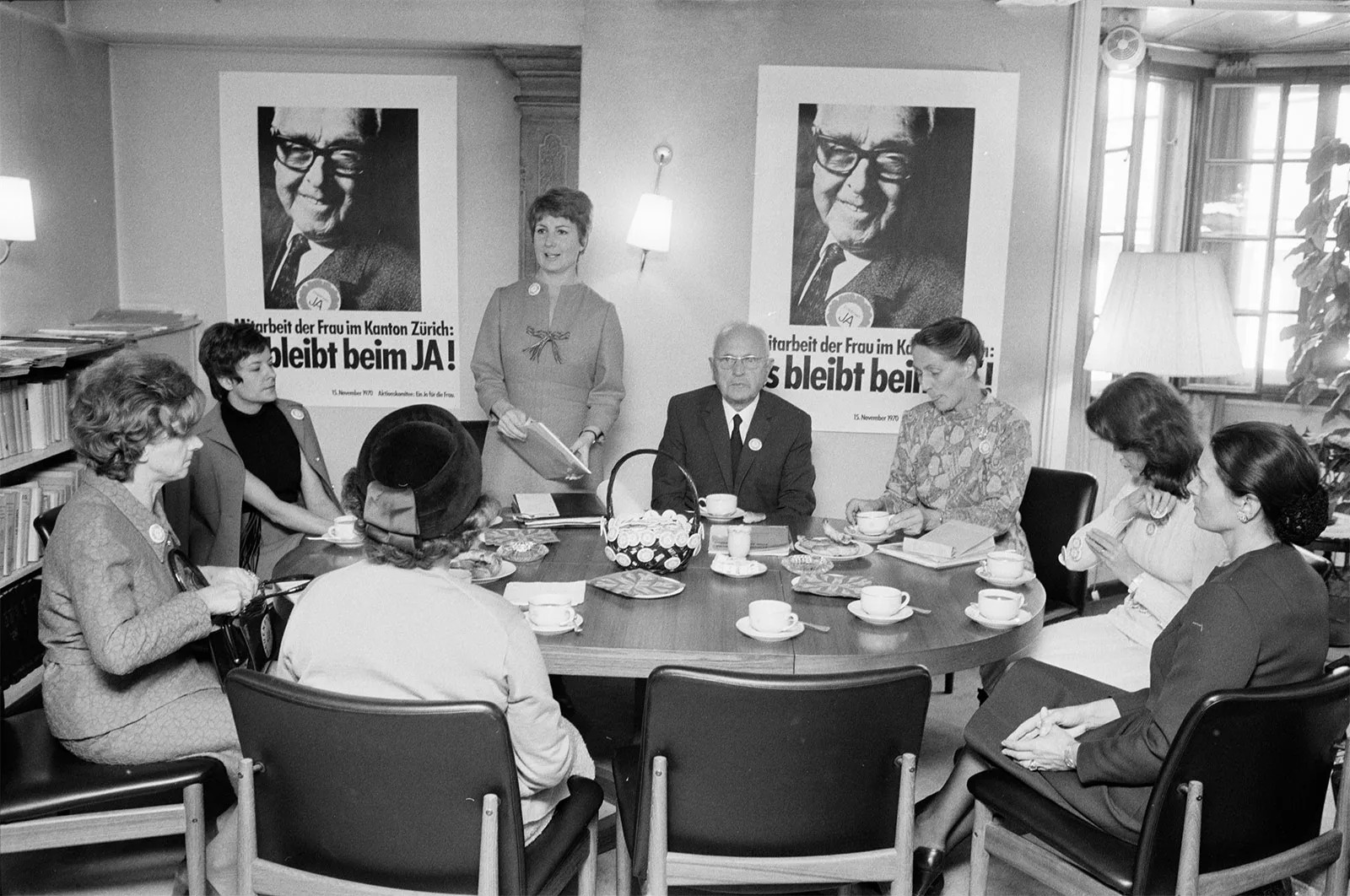
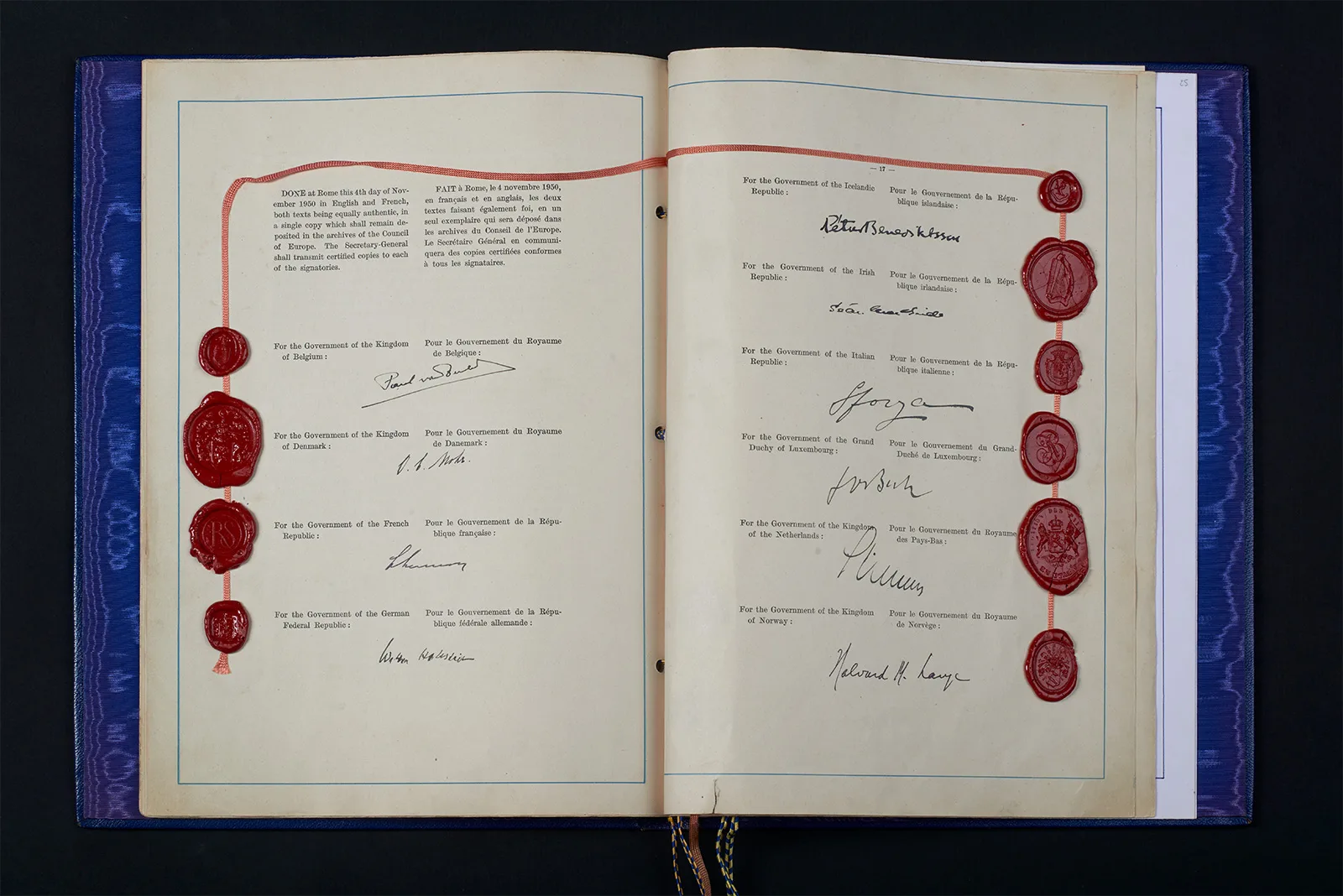
No word on the EU
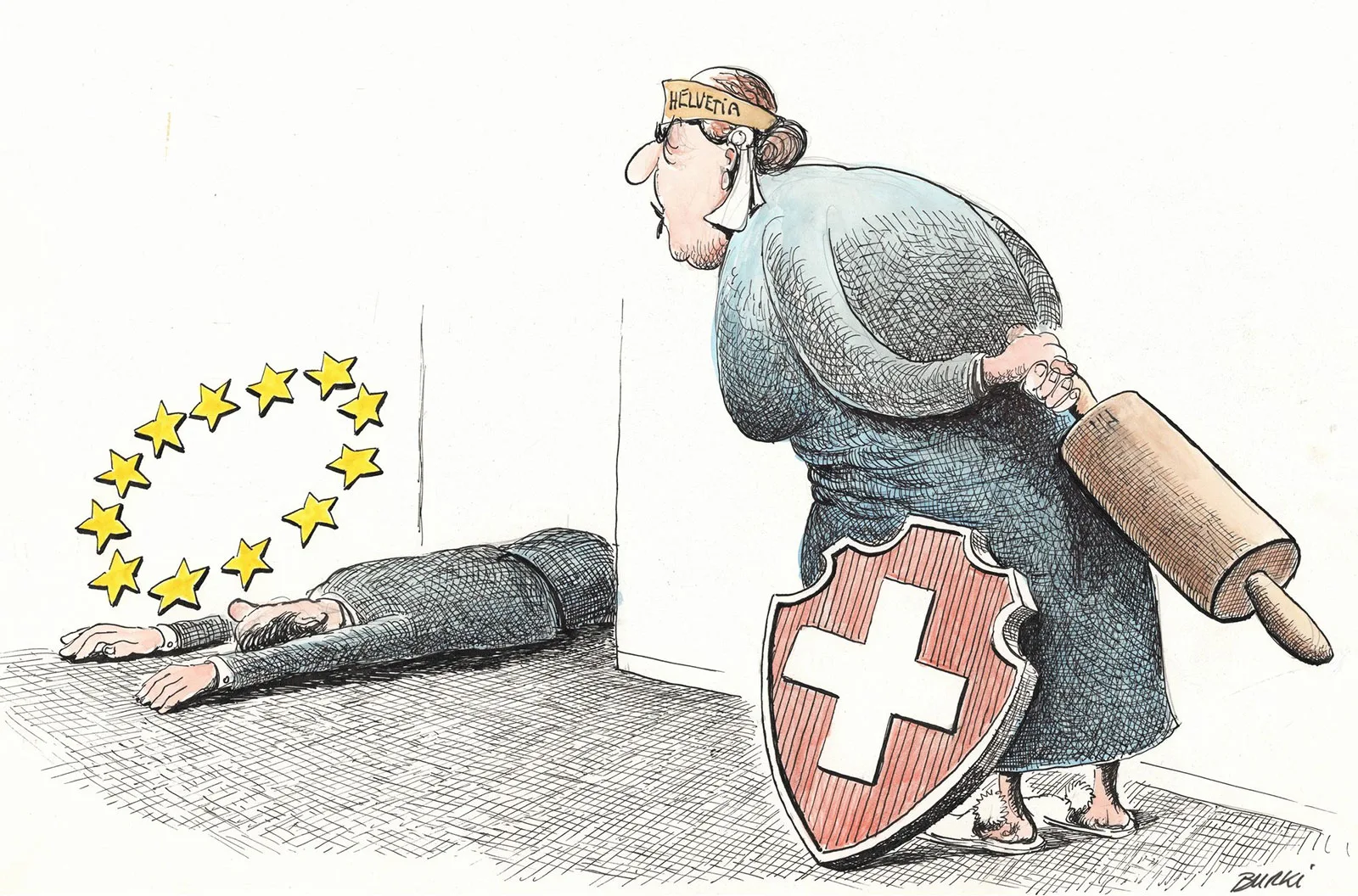
The Confederation and the Cantons shall respect international law.



